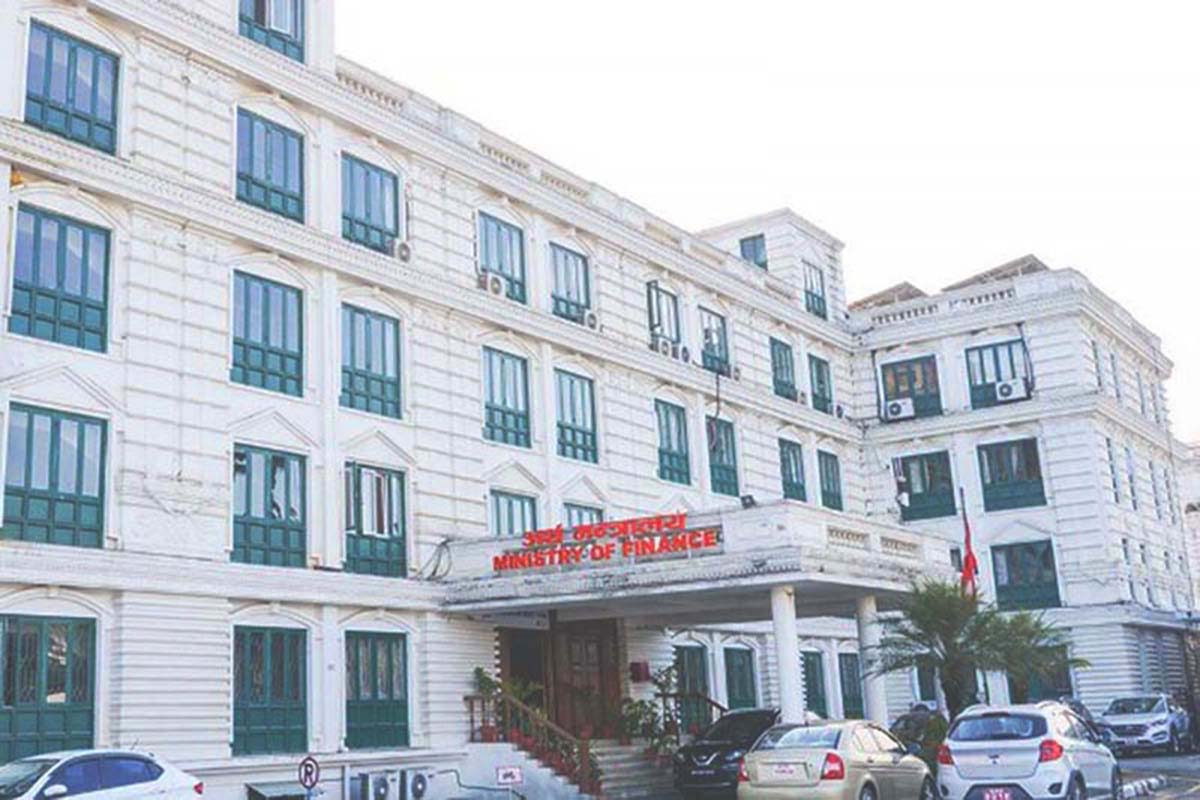
KATHMANDU: The government has issued the 'Economic Reform Implementation Action Plan -2082' based on the report submitted by the High-Level Economic Reform Recommendation Commission, 2081 BS.
The Action Plan Formulation Committee, coordinated by Secretary Chudamani Paudel of the Office of the Prime Minister and Council of Ministers, was formed following the Council of Ministers’ decision on 15 April 2025. The committee includes Revenue Secretary Dinesh Kumar Ghimire and Industry Secretary Krishna Bahadur Raut.
The committee was tasked with preparing an action plan in accordance with the recommendations of the High-Level Commission, chaired by former Secretary Rameshwor Prasad Khanal. It has produced a sectoral and ministry-wise action plan derived from the commission’s recommendations. The roles of provincial and local governments have been emphasised for effective implementation of the plan.
The plan sets deadlines ranging from six months to three years to achieve economic reform targets. It aims to reduce the operational costs of the banking system and narrow the interest rate gap between loans and deposits in order to achieve fiscal stability within one year. The development of a bond market within one year to address fluctuations in interest rates is also included in the plan.
For controlling inflation, the action plan targets reducing government expenditures and lowering indirect tax rates within one year. Moreover, the government plans to repeal 14 relevant acts within the next two years. These include the Income Tax Ticket Charge Act, 2019 (1962), Black-marketing and Some Other Social Offences and Punishment Act, 2032 (1975), Private Forest Nationalisation Act, 2070 (2013), Administrative Procedures (Regulation) Act, 2013 (1956), Compensation Act, 2019 and Birta Abolition Act, 2016 (1959), among others.
The age for receiving the senior citizen allowance will be raised to 70 years, and a national identity card will be mandatory to claim the allowance, which is expected to be implemented within one year.
The plan also envisions administrative restructuring in line with the federal governance system. Provincial and local government expenditures will be integrated into a single account system within one year, and an integrated project banking information system for the three tiers of government will be prepared and implemented within the same timeframe.
Projects such as the Lumbini Development Fund and the Pashupati Development Fund will be removed from the list of national pride projects within six months.
The Value Added Tax (VAT) Act will include broader provisions against tax evasion, and the number of goods subject to excise duty will be gradually reduced to those adversely affecting public health and the environment. These targets are to be achieved within one year.
Provincial and local tax and non-tax revenues will be linked to the PAN number system. A flat 10% income tax will be applied to export income, and government-owned institutions will be converted into public limited companies within one year.
Within one year, immovable properties of institutions such as the Janakpur Cigarette Factory, Butwal Spinning Mills, Nepal Engineering Consultancy Service Center, National Construction Company Nepal and Nepal Orient Magnesite will be brought under government ownership through the official closure of these entities.
Over the next two years, Nepal Airlines Corporation will be restructured by bringing in an external strategic partner for professional management of the national flag carrier. Similarly, the Dairy Development Corporation will be transformed into a public entity by expanding its presence to all provinces within the same period.
By RSS





-1772349105.jpg)
